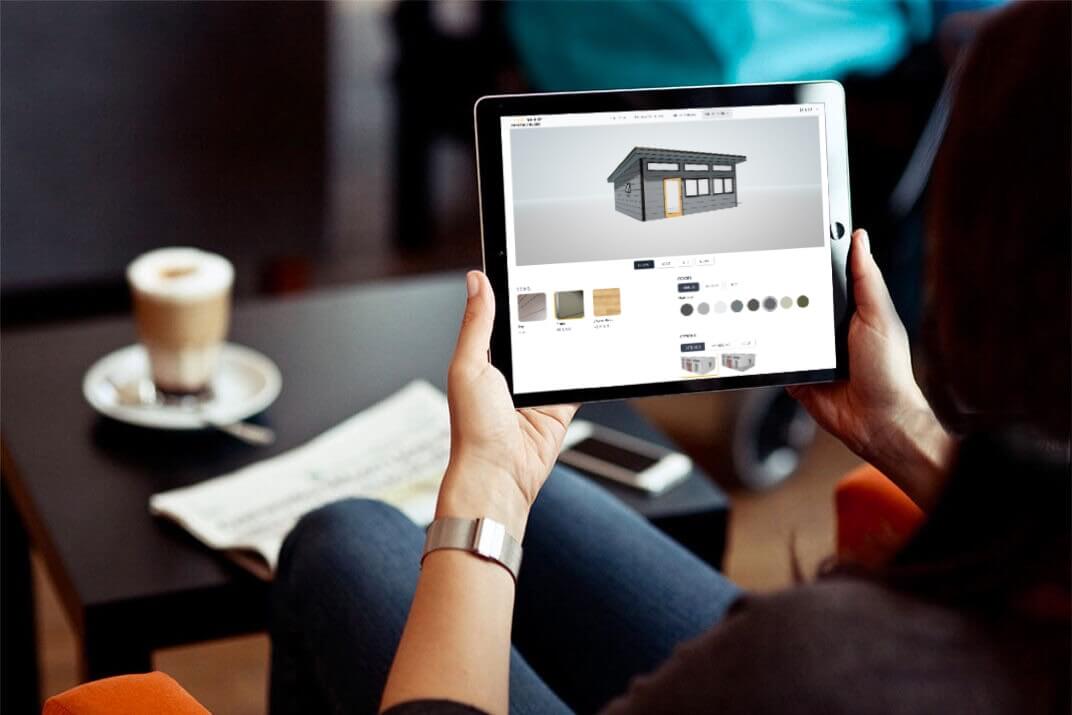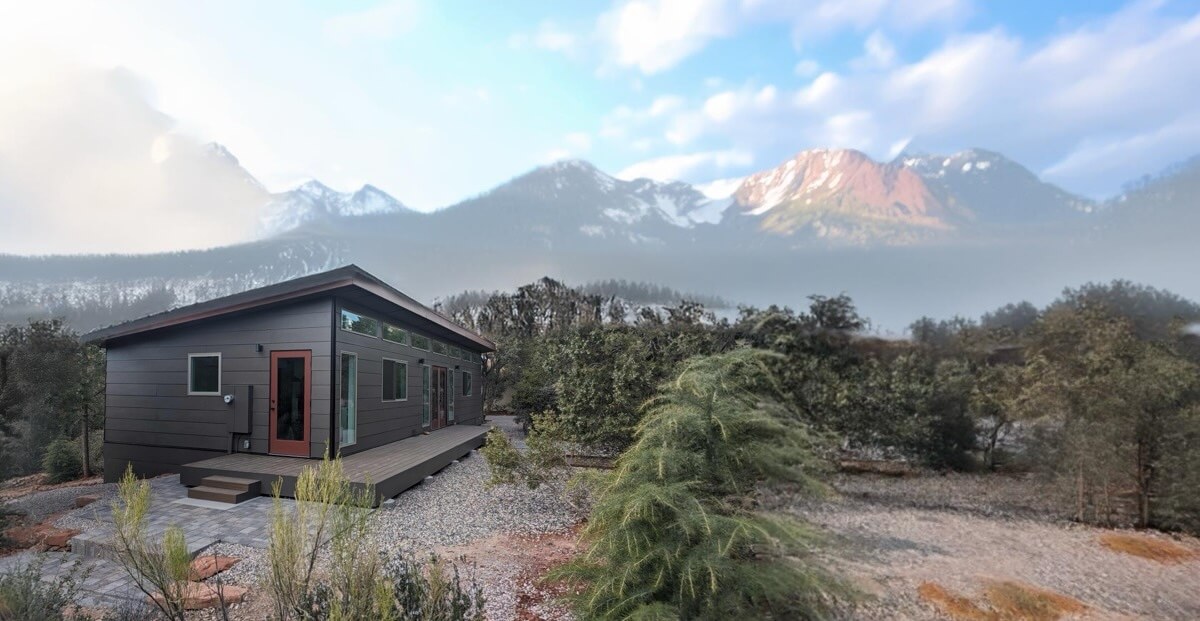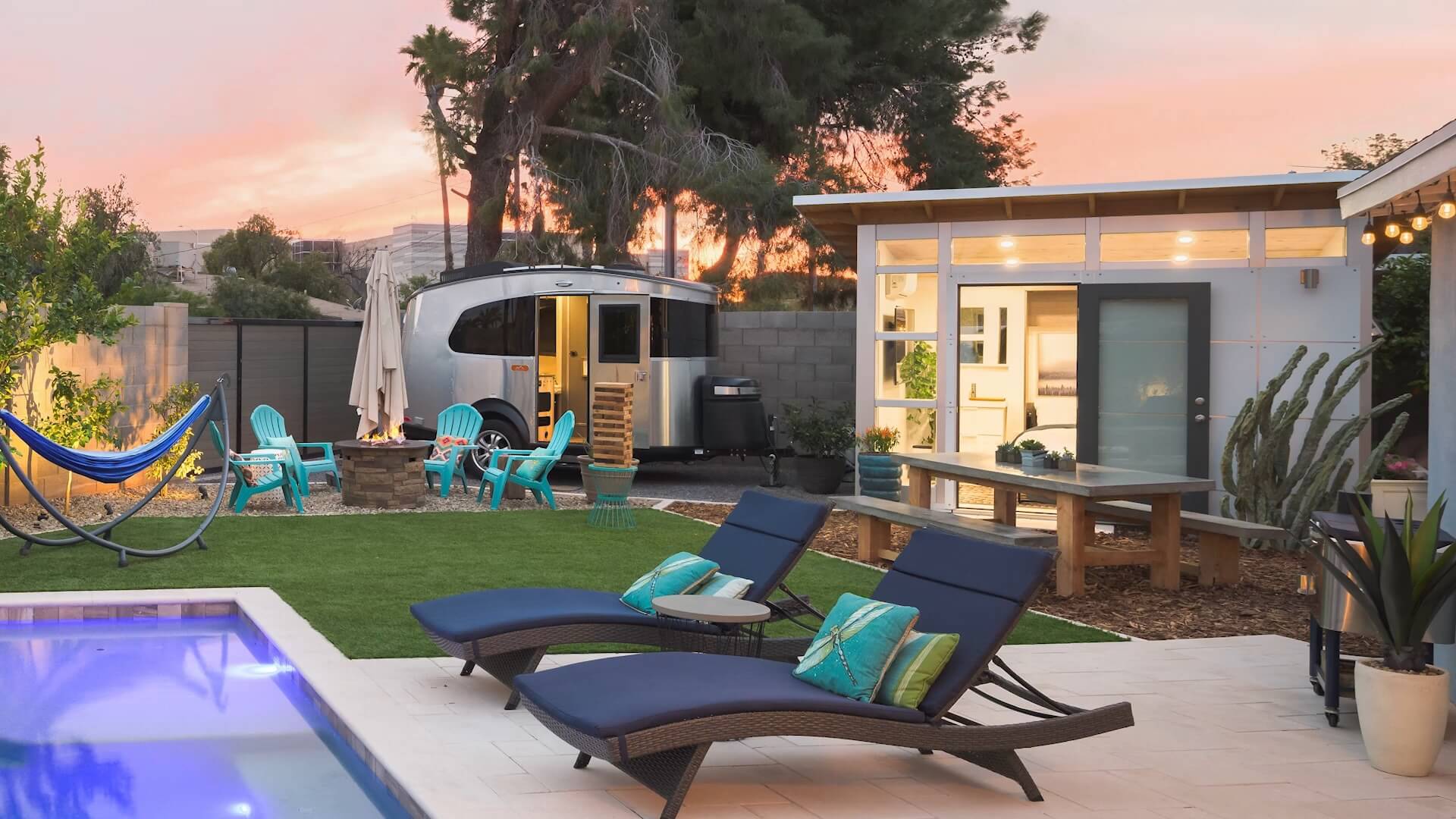ADU/Studio Top Permit Considerations Part 1 Value & ROI
Building an ADU: Key Considerations
Adding an accessory dwelling unit (ADU) to your property can be a smart move, whether you’re looking to create a private guest suite, a detached home office, or a rental for extra income. But before you jump into design plans or browse prefab studio options like our Summit Series, it’s important to understand the key permitting considerations that come with building an ADU.
This post is Part 1 of our 2-part ADU permit and planning mini-series, where we’ll walk you through the basics. We’ll cover where ADUs are allowed, whether your property qualifies, and if you can live in your ADU full-time. These are the must-know foundational pieces of information for anyone considering this exciting (and potentially profitable) home upgrade.
What States Allow ADUs?
ADUs are growing in popularity and, in many states, they’re also becoming easier to build thanks to updated zoning laws and housing policies. States like California, Oregon, Washington, and Vermont have been leading the charge with legislation that encourages ADU development as a way to address housing shortages and support multigenerational living.
That said, every state is different. In some places, ADUs are allowed statewide with a streamlined permitting process. In others, the decision is left to local municipalities, which means zoning laws can vary significantly by county or even by neighborhood.
Before planning your build, check with your city or county’s planning department to find out:
- If ADUs are permitted in your zoning district
- What size and type of ADUs are allowed (detached vs. attached, studio vs. multi-room, etc.)
- Setback, height, and square footage limitations
- Any parking requirements or restrictions
Some cities have online ADU guides or permit portals that make the research process much faster and easier. You can also enter your city and state into our online search to get helpful information on your area.
Can I Build an ADU on My Property?
Even in states where ADUs are broadly allowed, not every lot qualifies for an additional structure. Property-specific factors—such as lot size, existing structures, and utility access—can impact your eligibility.
Here are a few key questions to consider:
- Is your property zoned for residential use?
- Do you meet the minimum lot size requirements for an ADU?
- Is there enough space to meet local setback and height rules?
- If applicable, does your HOA allow ADUs?
It’s also worth considering access to utilities, driveway layout, and how the ADU will impact your property’s overall functionality.
Note: If you're planning to build an ADU in the near future, check out Part 2 of this blog series, where we dive deeper into the permitting process, covering different types of building permits and how you can get an ADU permit.
Can an ADU Be a Primary Residence?
In many cases, yes. Depending on local regulations, ADUs can serve as primary residences, vacation homes, or long-term rentals. Some areas allow you to live in the ADU and rent out your main home, while others require that either the primary home or the ADU be owner-occupied.
Below are some scenarios to explore with your local planning office:
- Using the ADU as your main home (e.g., downsizing into the ADU while renting out the main house)
- Hosting family members (ADUs are a popular solution for aging parents or adult children)
- Short-term or long-term rentals (be sure to check for restrictions on Airbnb or VRBO use)
Understanding these rules ahead of time will help you design a space that fits your lifestyle and goals, while aligning with your local housing regulations.
Design and Price Your Studio Home
Your ADU Journey: What’s Next
With the right information upfront, building an ADU doesn’t have to be overwhelming.
Start by understanding what’s allowed in your area, confirming that your property qualifies, thinking through how you plan to use the space, and estimating the project cost. Then, you can move on to the permitting process with confidence!
Ready to dive deeper? Check out Part 2 of our ADU guide for a closer look at permits, approvals, and how to make your dream studio or guest house a reality.

Make Your Escape
Design Your STUDIOHOME
One shed does not fit all. Our innovative prefab solution is a flat-packed, panelized kits of parts with hundreds of customizations in the Design Center. There are millions of combinations of sizes, door and window placements, and colors. All thoughtfully designed to work together.


Built in Colorado. Delivered and assembled nationwide. Shipping available to all 50 U.S. states and select locations in Canada.


